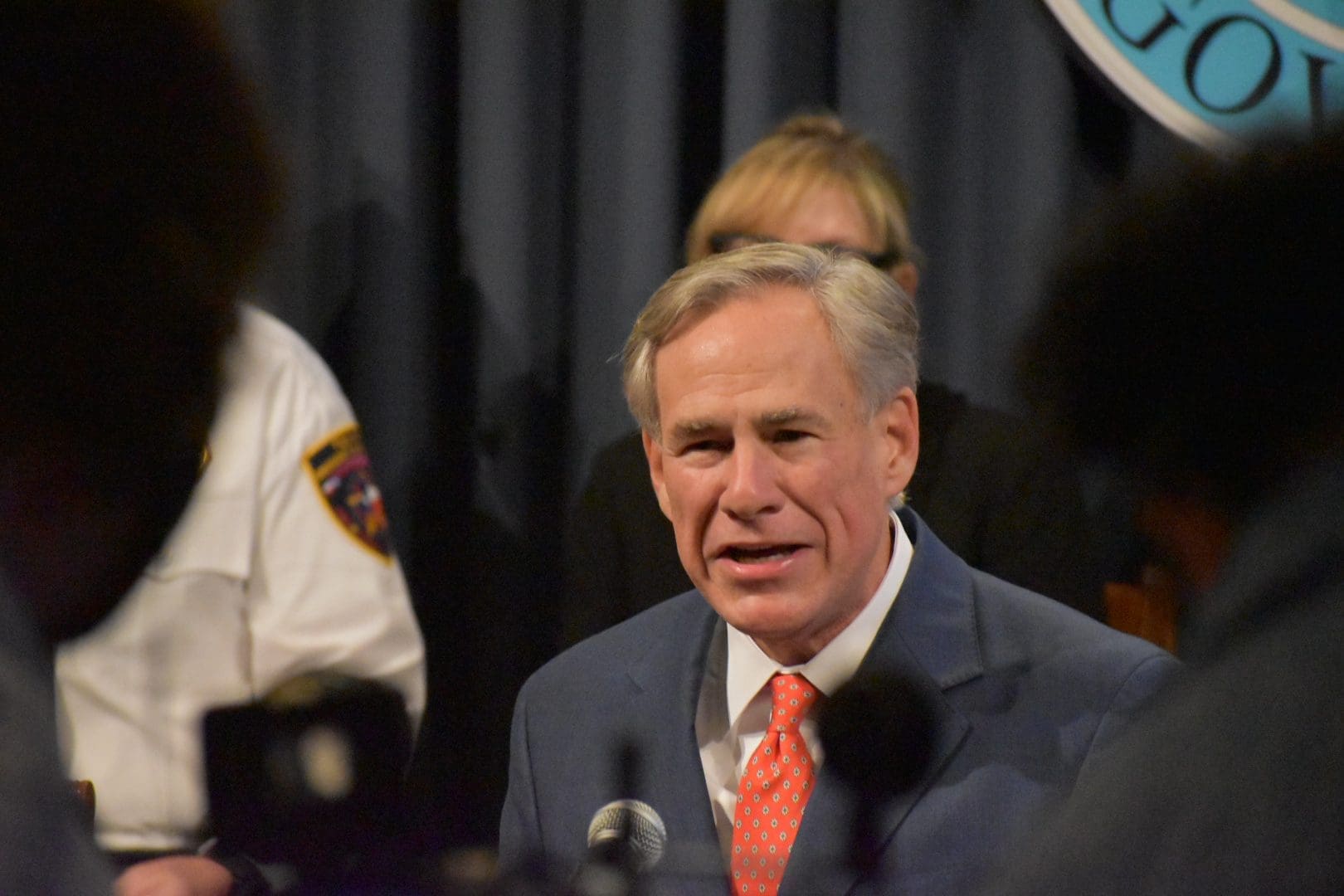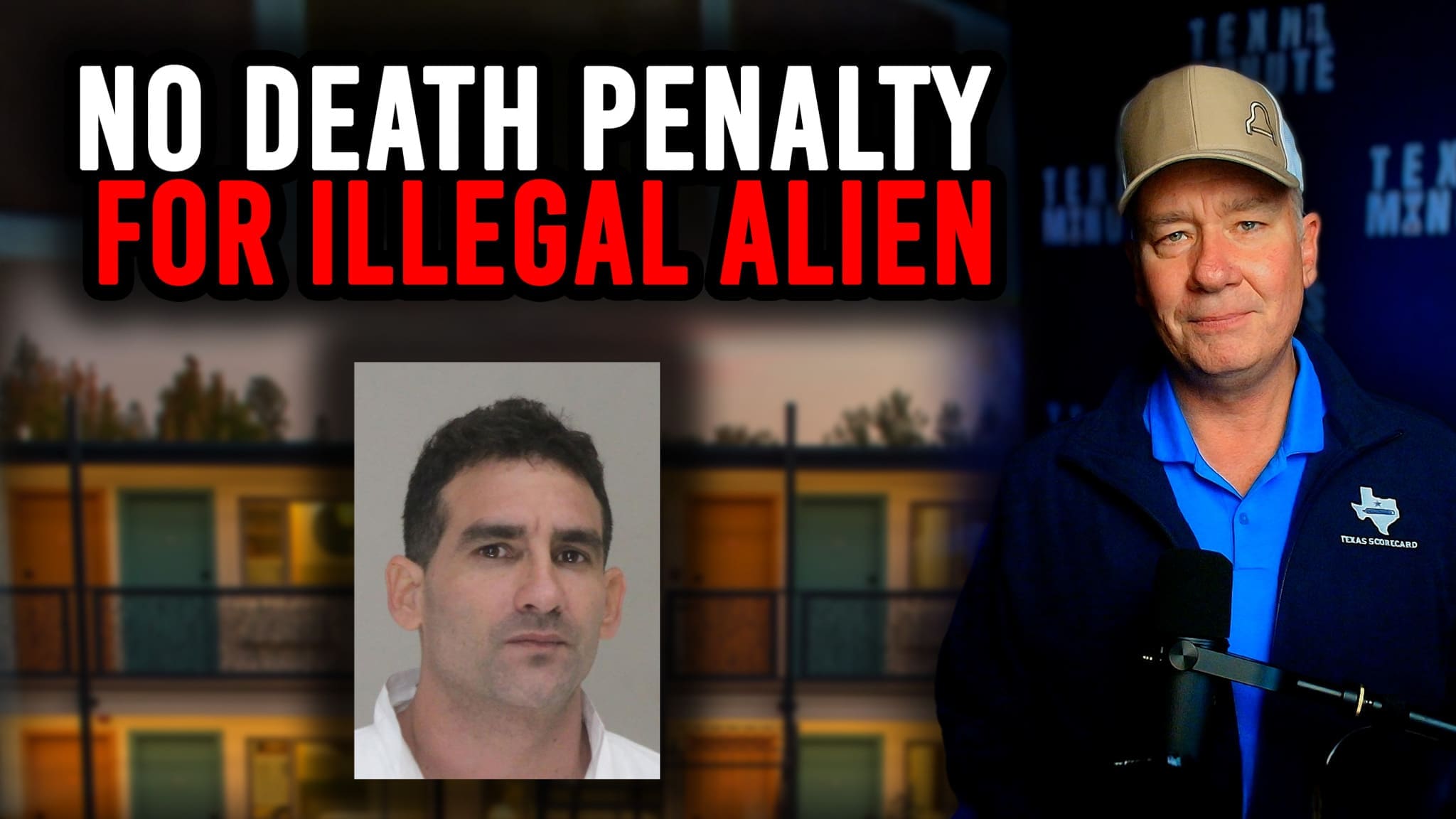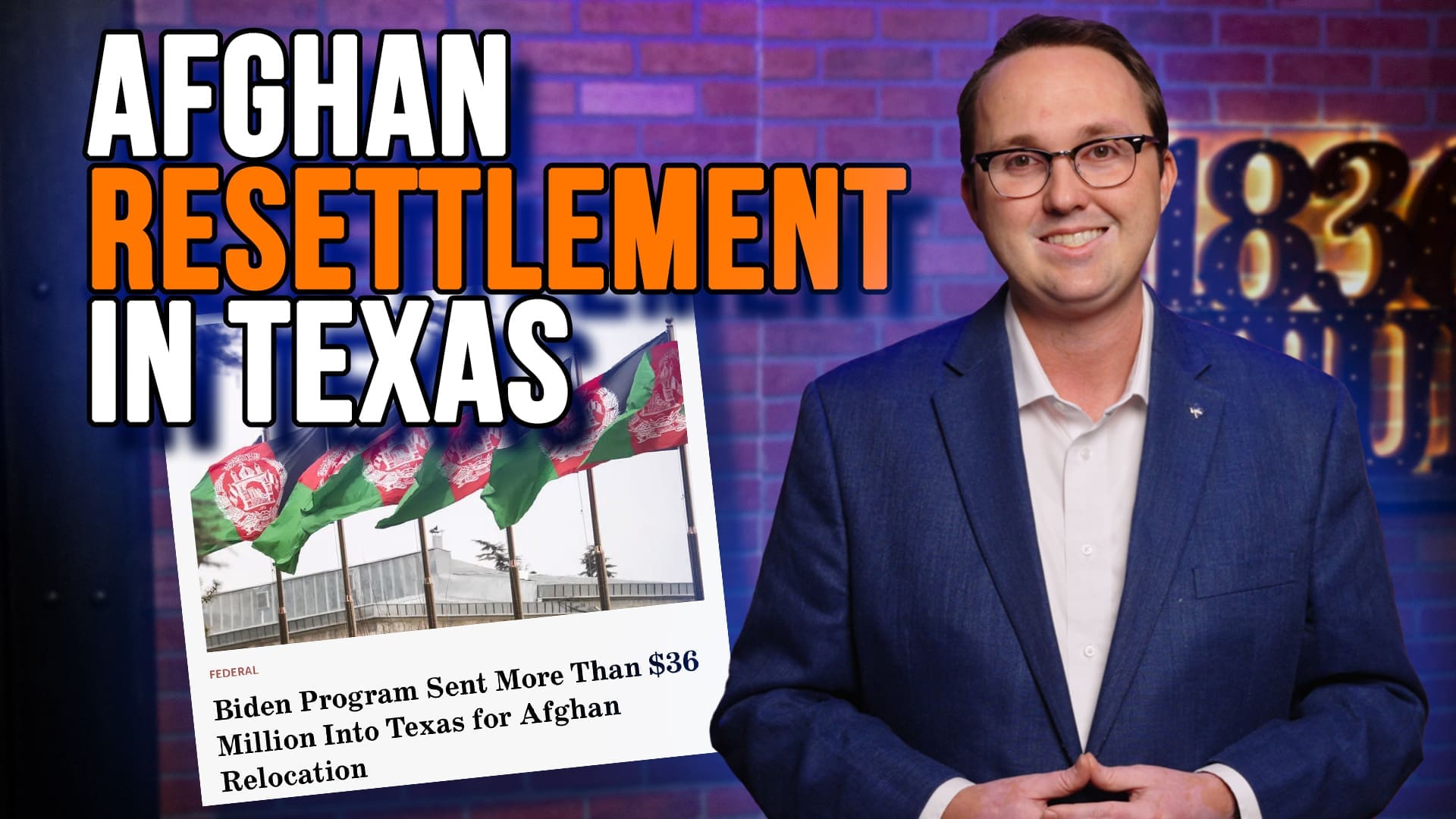Nearly one year ago, Gov. Greg Abbott issued a statewide disaster declaration for the Chinese coronavirus. Since then, that declaration has been used to issue numerous unilateral executive orders, shuttering businesses, restricting business occupancy, and mandating masks.
Since then, the Republican Party of Texas has made ending executive overreach a legislative priority. Instead, Texas House leadership is prioritizing a bill to codify Abbott’s actions.
House Bill 3, filed this week by State Rep. Dustin Burrows (R–Lubbock), has been titled the Texas Pandemic Response Act.
Rather than eliminate the ability of the governor to issue edicts during pandemics, it instead establishes a new section of code to issue “pandemic disasters.” Those emergency powers are largely the same as the current disaster powers Abbott used to justify his edicts and mandates over the past year, with the “force and effect of law.”
Though each “pandemic disaster” may only last 30 days, the legislation allows the governor to renew the orders indefinitely. And though the Legislature may terminate the disaster, they are largely powerless to do so, given the fact that only the governor can call them into a special session when they are not meeting—which is the majority of the time, for Texas’ part-time Legislature.
“It grants the governor authority to do all the things he already did that we’ve all been screaming about,” said Fran Rhodes, president of the True Texas Project.
In addition to codifying pandemic disaster powers for the governor, HB 3 says churches and Second Amendment rights cannot be terminated during such a disaster and limits local authority during pandemics.
Additionally, the bill acknowledges “the authority of the governor to proclaim martial law,” a power that is heavily disputed.
Another section of the bill would grant liability protections to businesses only if they comply with “federal, state, and local laws, rules, ordinance, declarations, and proclamations.”
Jill Glover, the chair of the Texas GOP’s legislative priorities committee, also raised concerns over the legislation.
“HB 3 would actually extend executive powers and would give the federal government more power in our state by mandating that businesses comply with CDC recommendations,” said Glover. “For example, if our governor were to end the mask mandate, but our federal government continued it, our governor could simply say there is nothing he can do, as our Legislature voted to comply with federal regulations.”
Attorney Matt Rinaldi, a former state lawmaker, went even further during an interview on The Luke Macias Show, saying it would effectively make Dr. Anthony Fauci the “King of Texas,” causing businesses to require double-masking and the masking of 3-year-olds.
Rinaldi said the bill would actually increase the governor’s strength to file executive orders, calling it the “most offensive” priority bill he has seen since he started following the Legislature a decade ago.
“It’s an insult to every single citizen of Texas that has lived for a year under these restrictions and expects them to be lifted,” said Rinaldi. “This bill will result in more restrictions for Texans. It needs to die, it can’t be fixed, and I want every activist out there to know that.”






